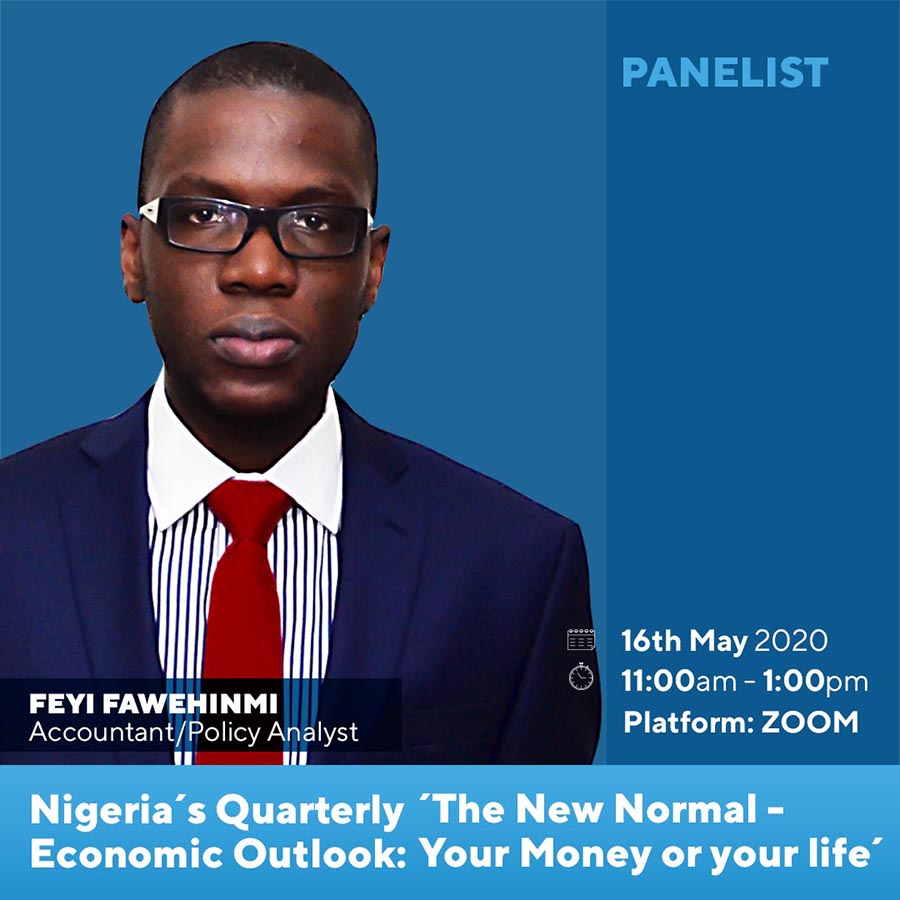Fixing Nigeria’s power sector will never be resolved without developing a wholistic power solution that has all consumers in a single pool.
According to Feyi Fawehinmi, one of the panellists at Nigeria’s Quarterly Economic Outlook organised by Nairametrics, this solution will only be reached when the big and small consumers are brought together in one power pool..
“The challenge in Nigeria is getting big and small electricity consumers into a single pool. We have to locate those who can pay and then subsidise for those who cannot pay; that is why we are a society” Fawehinmi said.
Fawehinmi, who is also an Accountant and policy analyst, noted that in Nigeria, most of the big consumers of electricity and industries are not part of the pool since they generate their own electricity.
In this way, the power distribution companies (discos) end up serving outrageous bills to residential consumers who cannot afford to pay so much. This explains why residential and retail consumers end up with exorbitant bills, because the big consumers have created alternate energy sources to ensure more stable power supply.
“If we will notice any remarkable difference in the power sector, we need to have big people in the pool. When they pay their bills, it can be used to improve power generation and also subsidise costs for the poor ones” he added.
(READ MORE:Free power supply: Not yet approved – DisCos)
Farming should be a choice
On farming, Fawehinmi stated that a lot of people resort to farming out of poverty, rather than choice.

“Farming and agriculture in Nigeria is almost an incubator for poverty in Nigeria. Some people are born in situations where they have no choice but to farm.
“We need to find a way to take more people out of agriculture into other sectors of the economy so that they can return to agriculture know that they have other choices. This is the only way we will make any headway in agriculture” he stated.
National policy changes
There can be no food security without improving national security, Cheta Nwanze another panellist, added to the discussion.
Nwanze, who is also a lead partner at SBM Intelligence, noted that there are several farmers in the country who had been unable to harvest farm products from their farms in the last three years due to security challenges.
“The farmer and herdsmen conflict has been on for years. Many farmers in the middle belt and northern region are afraid to go to their farms because they are afraid of being killed, or having their wives kidnapped” he explained.
(READ MORE:Lawmakers now closer to an agreement with stakeholders on free electricity supply)
Nwanze added that Nigeria has the 7th largest number of internally displaced persons in the world, most of whom are pastoral farmers.
These farmers, through their subsistence farming, contribute to the availability of food produce in the country, and their inability to farm due to security challenges has in many ways affected the agricultural output in the country.
The absence of effective implementation of security policies has translated into reduced food security for the country, and the COVID-19 pandemic could further worsen the situation as people are compelled to sit at home.
Nwanze also emphasised the need for financial inclusion, so that all farmers could be a part of the financial ecosystem, and reap the benefits from it.
READ ALSO: Forex ban on food import has commenced, says CBN
Nigeria will also need to improve the value chain by doing more processing, rather than exporting raw products and importing finished materials, he reiterated.
Several raw products from Nigeria, for instance, are exported yearly for processing before the finished products are imported back into the country at an added cost.
Nairametrics recently reported that over 5000 tonnes of Cocoa are stuck in Nigeria due to the COVID-19 induced restrictions on imports and exports across several countries.
The Quarterly Economic Outlook themed “The new normal – Your money or your life”, held on Saturday via zoom, with Nairametrics founder, Ugodre Obi-chukwu as host.
(READ MORE: Gold prices surge by 17.4% in 2 months due to global economic crisis)
Other panellists in the discussion include Dr Ola Orekunrin Brown, Founder Flying Doctors Healthcare Investment Company, Uade Ahimie, Business advisor, Wale Okunrinboye, an investment analyst.












